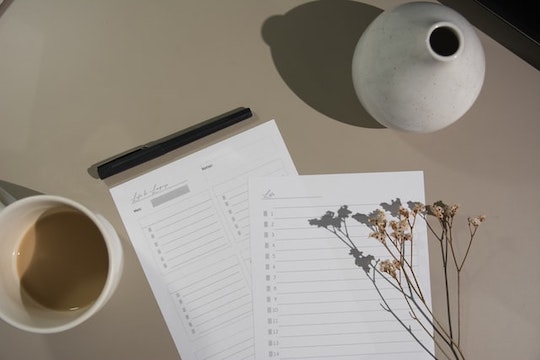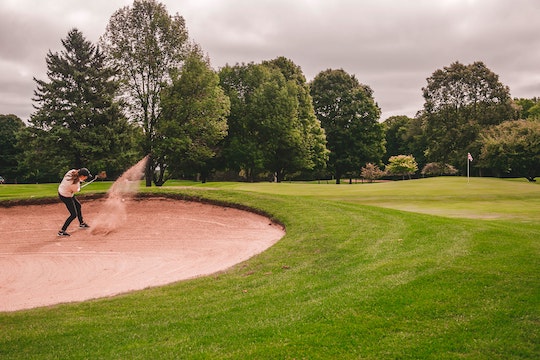To be. To do. To have. Take life in this order.
—Calm App Reflection

Image from Unsplash by Paico Official
The CALM app I use each morning recently added a new seven-minute morning meditation/guided journey called The Daily Jay with Jay Shetty. Jay is an English author, a former Hindu monk, and a life coach. Prior to joining the CALM team, he was perhaps best known as the host of the podcast On Purpose which included many famous guests and has received over 60 million downloads.
In a recent offering, he suggested the idea of a To-Be list to go along with our often-crammed To-Do lists.
Considering how we currently behave, and then shifting and choosing how we would prefer to be as we do the things we need and want to do, can make a remarkable difference. Consider the following word list and expand it for yourself as you do your chores, go to work, listen to your children, and relate to others in your various communities.
| Calm |
Patient |
Positive |
Hopeful |
Courageous |
| Generous |
Loving |
Supportive |
Helpful |
Kind |
| Open-Minded |
Bold |
Caring |
Disciplined |
Funny |
| Joyful |
Content |
Fair |
Nurturing |
Adventurous |
EXERCISE:
Add an extra To Be column next to your To-Do list today. Please reply to this post about the kind of day you have. What other words of being did you add to your list?










